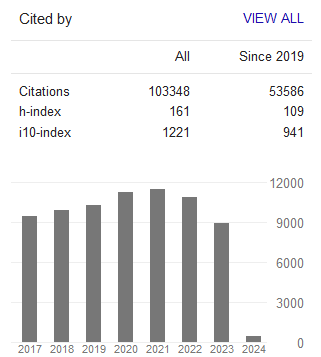Alliance Process: A Micro Behavioral View
- Rajesh Kumar
Abstract
Alliances are subject to heightened instability and while process based explanations are attracting increasing attention (e.g., Ring & Van De Ven, 1994), process based theorizing continues to remain an emergent field of study. In this paper I articulate a process based perspective of alliance instability that is rooted in the motivational orientation of the alliance boundary spanners (Das & Kumar, 2011). The process based perspective exemplifies the micro behavioral view which highlights the importance of individual’s cognitions and actions in shaping alliance outcomes. The paper explicates the linkages between the alliance boundary spanners motivational orientation, the alliance discrepancy model, and legitimacy repair strategies. I postulate that alliance boundary spanners may possess either a promotion focused or a prevention focused self-regulatory system. Alliance boundary spanners with a promotion focus are geared towards maximizing positive outcomes whereas alliance boundary spanners with a prevention focused self-regulatory system are geared towards minimizing negative outcomes. Alliance partners with a promotion focused self-regulatory system will detect outcome discrepancies sooner whereas alliance partners with a prevention focused self-regulatory system will detect process discrepancies sooner. Unfavorable outcome discrepancies are associated with a crisis of pragmatic legitimacy whereas unfavorable process discrepancies are associated with a crisis of moral legitimacy. I discuss the alternative ways in which alliance partners can seek to repair legitimacy. Implications for research and practice are discussed.
- Full Text:
 PDF
PDF
- DOI:10.5539/ijbm.v11n1p20
Journal Metrics
Google-based Impact Factor (2023): 0.86
h-index(2023): 152
i10-index(2023): 1168

Index
- Academic Journals Database
- AIDEA list (Italian Academy of Business Administration)
- ANVUR (Italian National Agency for the Evaluation of Universities and Research Institutes)
- Berkeley Library
- CNKI Scholar
- COPAC
- EBSCOhost
- Electronic Journals Library
- Elektronische Zeitschriftenbibliothek (EZB)
- EuroPub Database
- Excellence in Research for Australia (ERA)
- Genamics JournalSeek
- GETIT@YALE (Yale University Library)
- IBZ Online
- JournalTOCs
- Library and Archives Canada
- LOCKSS
- MIAR
- National Library of Australia
- Norwegian Centre for Research Data (NSD)
- PKP Open Archives Harvester
- Publons
- Qualis/CAPES
- RePEc
- ROAD
- Scilit
- SHERPA/RoMEO
- Standard Periodical Directory
- Universe Digital Library
- UoS Library
- WorldCat
- ZBW-German National Library of Economics
Contact
- Stephen LeeEditorial Assistant
- ijbm@ccsenet.org
